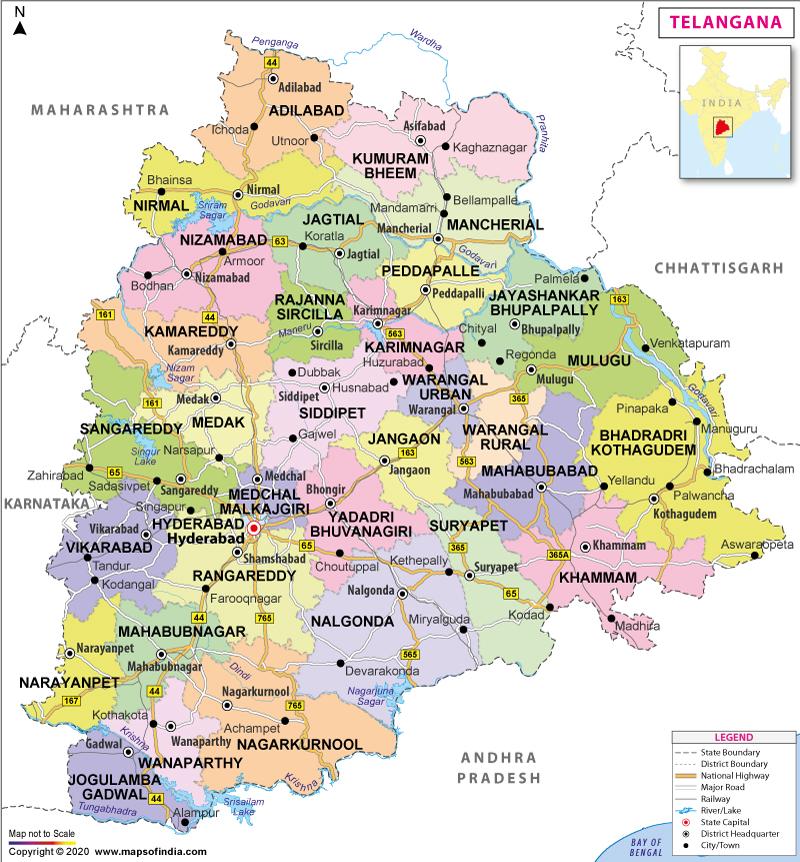In a significant legal escalation, the Telangana government is poised to challenge the High Court’s recent decision that has put a hold on the hike in reservations for local body elections. The move comes in response to the High Court’s stay order, which has raised questions about the legislature’s authority to increase quota provisions for various marginalized communities in local governance. As the government prepares to approach the Supreme Court, the implications of this legal battle could reshape the political landscape in Telangana, impacting not only local body elections but also the broader discourse on social justice and representation in the state. With voices from various factions weighing in, the coming weeks are set to be pivotal for both the state’s administration and its governance framework.
Telangana Government’s Legal Challenge: Implications for Local Body Election Quotas
The Telangana government is set to escalate its legal battle by appealing to the Supreme Court against the High Court’s recent decision to halt the increased reservation quota for local body elections. This decision comes as a critical juncture in the state’s governance structure, where the allocation of seats based on caste and community representation is not only a legal requirement but also a socio-political necessity. The government’s argument hinges on the notion that the increased quotas are essential for ensuring equitable representation in local bodies, thereby promoting inclusivity in political processes.
Legal experts suggest that the implications of this legal challenge may reverberate beyond Telangana, potentially influencing how quotas are interpreted and implemented across the country. Key factors that could shape the outcome include:
- Constitutional Validity: The Supreme Court’s interpretation of the 73rd Amendment and subsequent legal precedents will be pivotal.
- Impact on Representation: Higher quotas could lead to improved representation of marginalized communities, affecting local governance dynamics.
- Political Ramifications: The move might affect the ruling party’s support base and its relationship with various caste groups.
Understanding the High Court’s Stay: Legal Precedents and Their Impact on Governance
The recent decision by the Telangana High Court to impose a stay on the state government’s hike in reservation quotas for local body elections has significant legal implications. This ruling not only halts the implementation of the revised quotas but also calls into question a series of legal precedents that could reshape governance in the region. Historical cases on reservation policies have often been contentious, leading courts to balance between individual rights and the broader principles of democracy. In this instance, the High Court’s intervention aligns with prior judgments that emphasize the need for a comprehensive examination of the socio-economic factors before altering reservation frameworks.
The anticipated challenge in the Supreme Court by the Telangana government reflects a broader trend where state governments seek to navigate the complexities of judicial scrutiny over legislative decisions. The implications of this legal battle extend beyond immediate electoral impact; they could set a critical precedent concerning the extent of judicial oversight in matters of governance. Officials must reconcile the urgency of implementing local body elections with the need to adhere to constitutional mandates. The stakes are high, as the resolution of this matter could influence future policies across India regarding local governance and representation.
Recommendations for a Balanced Approach: Ensuring Equity in Local Representation through Legal Frameworks
In light of the recent developments surrounding local body polls in Telangana, it is crucial for the state to adopt a balanced approach that promotes equitable local representation. This can be achieved through well-defined legal frameworks that address the complexities of quota systems while ensuring that all communities have a voice in governance. Such frameworks should focus on the following key principles:
- Transparency: Legal provisions must be clear and publicly accessible, enabling citizens to understand the criteria and processes involved in quota allocations.
- Inclusiveness: The frameworks should ensure representation across various socio-economic and cultural groups, allowing marginalized communities to participate actively in local governance.
- Flexibility: Adaptability in legal frameworks to accommodate changing demographics and societal needs is essential for maintaining relevance in representation.
Moreover, a systematic review of existing local governance structures can provide insights into the effectiveness of current approaches and foster improvements. This could involve:
| Assessment Areas | Recommendations |
|---|---|
| Quota Effectiveness | Regular audits to gauge the impact of quotas on local representation. |
| Community Engagement | Initiate public forums to gather feedback from citizens on governance issues. |
| Legal Compliance | Strengthen monitoring to ensure adherence to legal frameworks by local bodies. |
Implementing these recommendations with thorough legal backing can lay a foundation for more equitable representation in local bodies, thereby enhancing democratic processes within the region.
The Way Forward
In conclusion, the Telangana government’s decision to challenge the Telangana High Court’s stay on the hike in reservation quotas for local body elections underscores the heightened tensions surrounding the issue of representation and equity in governance. As the state prepares to approach the Supreme Court, the outcome of this legal battle will not only impact the political landscape of Telangana but may also set crucial precedents for quota-related policies throughout the country. With both government and opposition keenly watching the developments, the upcoming legal proceedings promise to be pivotal in shaping the future of local governance and public participation in Telangana. As the situation unfolds, stakeholders await clarity on how the judiciary will navigate the complex interplay of policy, legality, and the rights of various communities within the state. Further updates on this issue are anticipated, and The Times of India will continue to provide coverage of this significant development.
